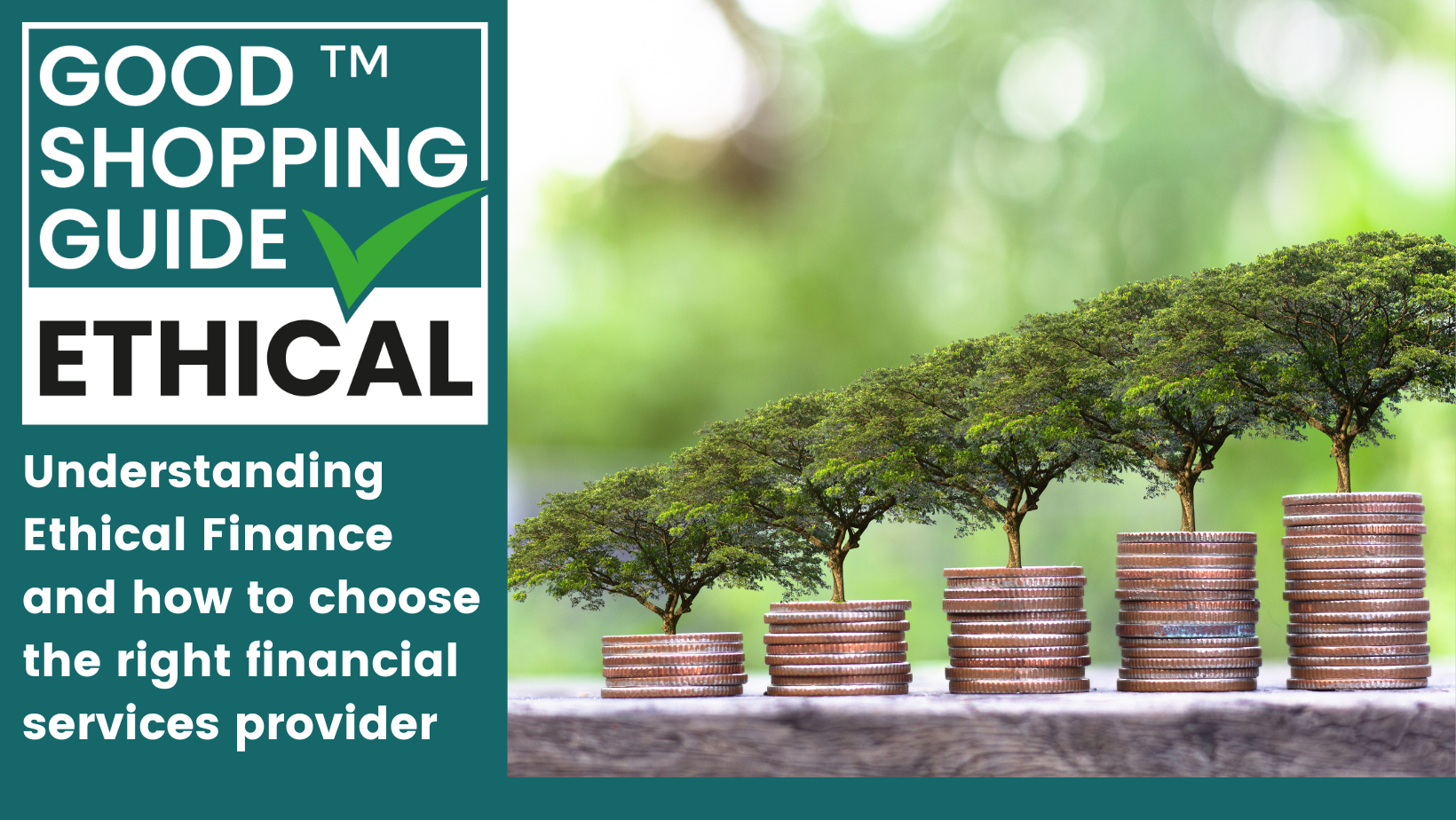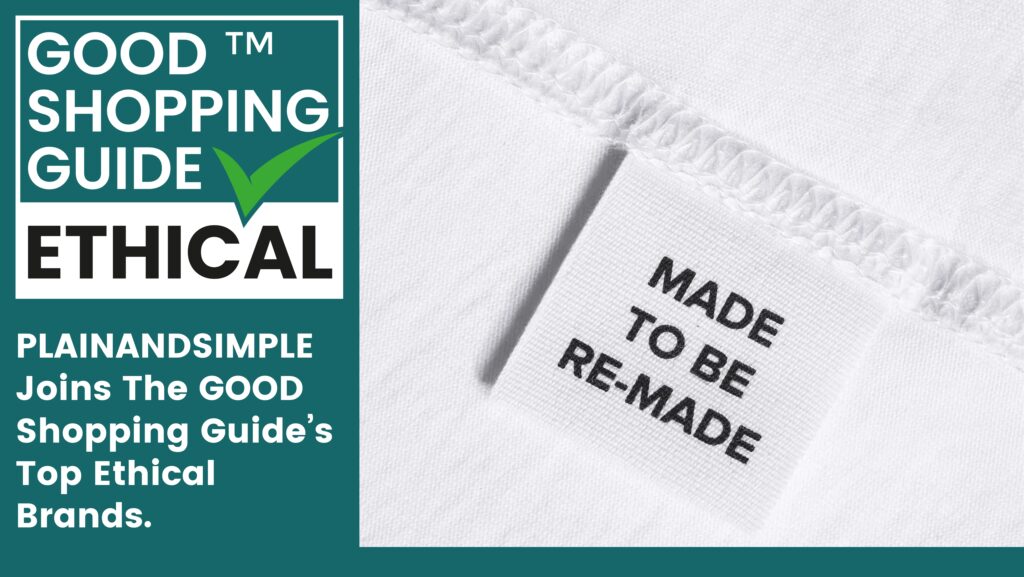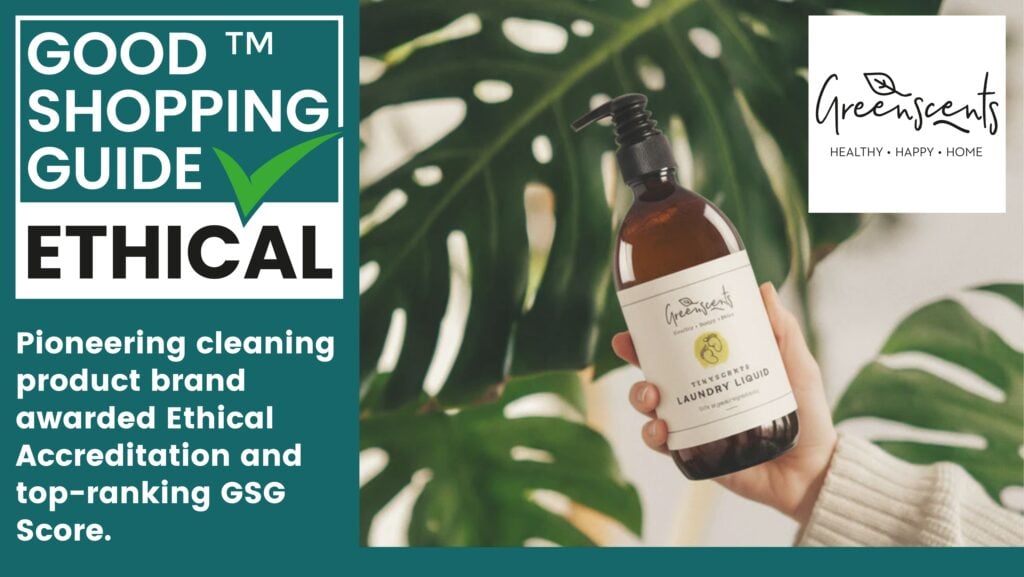Our guide to navigating Ethical Finance

The Good Shopping Guide has recently updated its research in the Money sector, which includes our Insurance, Pensions, Banks & Building Societies and Mortgages ethical comparison tables. As all this new research has just been published, we though this would be the perfect time to talk about ethical finance.
The financial sector is a particularly confusing area for many socially and environmentally conscious consumers. This article aims to help with this by providing a simple breakdown of the major ethical issues and offering some advice on how to navigate this complex industry responsibly and ethically.
What are the major problems within the Finance industry?
The most important ethical question in Finance sector is: where is the money going? Many financial institutions invest their money in other businesses to generate more profit. Unfortunately, many of these profitable industries do not align with what you or we would consider ethical.
Our research has consistently found that many of the major finance companies are investing their money in socially and environmentally harmful businesses, such as fossil fuel producers, weapons manufacturers and companies linked to deforestation.
For example, our latest research found that many finance companies are still funding TotalEnergies, a major energy company that develops new oil and gas projects across the world. TotalEnergies continues to ignore the warnings from climate scientists that this will only exacerbate global warming.
The campaign group Defund TotalEnergies has published data revealing that Barclays, Citi, JPMorgan Chase (which owns Chase and Nutmeg), HSBC, Santander, NatWest, Vanguard, Fidelity International and Allianz are all financing or investing in TotalEnergies. Unfortunately, this is just one of many examples of financial institutions using their power to cause harm to our planet.
How does this impact you as a consumer?
By investing your money with a finance company funding these practices, you could be indirectly involved in them too.
For instance, when you take out a pension or an investment ISA, your money is put into a fund and invested in a range of different businesses. If you are not careful about which pension or ISA provider you choose, you could have stocks and shares in the Oil & Gas and Armaments industries.
Moreover, even if your money is not being invested in controversial industries, you may not want to support companies that are happy to fund businesses involved in polluting our planet.
How does ethical finance pose a solution?
After all this doom and gloom, we will leave you on a more positive note. There are many ethical finance companies out there which are addressing the issues in the industry by conducting business in a more responsible and ethical way.
Ethical finance companies believe that operating a profitable company does not have to come at the expense of our planet or human rights. These companies tend to focus on funding businesses with a positive impact, whilst avoiding controversial industries. Investments therefore tend to focus on projects such as renewable energy, affordable housing and sustainable projects.
For instance, between 2020 and 2023, Aviva invested £9.5 billion in projects such as social housing, electric vehicles, low carbon homes, cancer research and windfarms. By opting for an insurance policy or pension with Aviva, you can ensure that your money is going to a company that genuinely cares about the planet.
The companies championing ethical finance prove that successful businesses can still have a positive social and environmental impact. Fortunately, there are now more options than ever for ethical banks and insurers, as well as pension and mortgage providers.
You can also take a look at our Insurance, Pensions, Banks & Building Societies and Mortgages ratings tables to compare the best options for you. With this knowledge, you will be well informed when choosing a new financial services provider.
Share
Related articles

Actively Ethical: PLAINANDSIMPLE Awarded Ethical Accreditation
PLAINANDSIMPLE earns Ethical Accreditation for pioneering sustainable fashion, circular design, and a transparent, human rights-focused supply chain.

Trick or Treat: Are there dirty sweets in your Halloween bucket?
Unmask the ethical risks of Halloween sweets and discover which brands are truly treating the Environment, Animals and People.

Greenscents: Making your home cleaner and greener
Eco cleaning just got greener – Pioneering ‘Ethical Innovator’ Greenscents earns independent ethical endorsement.